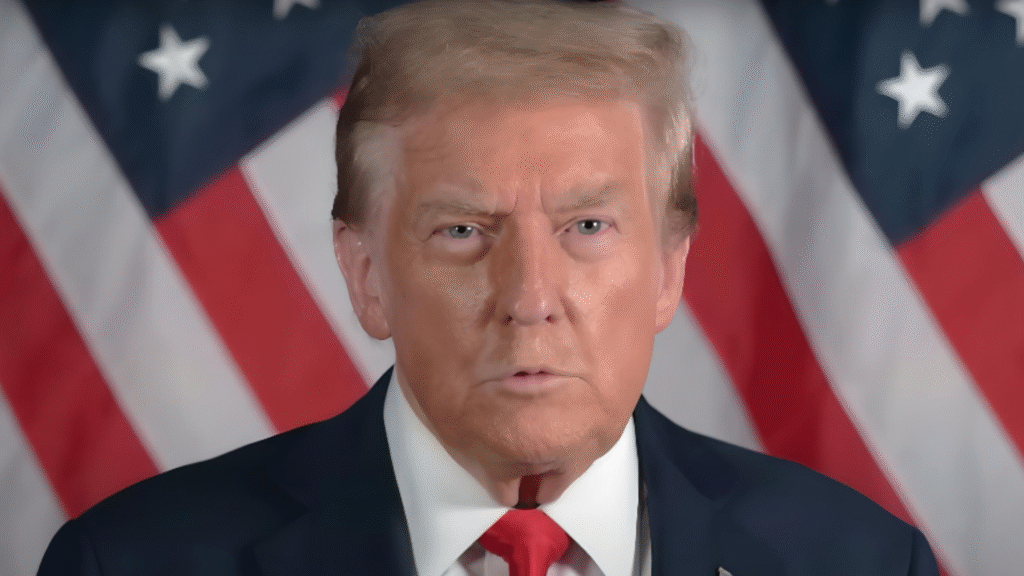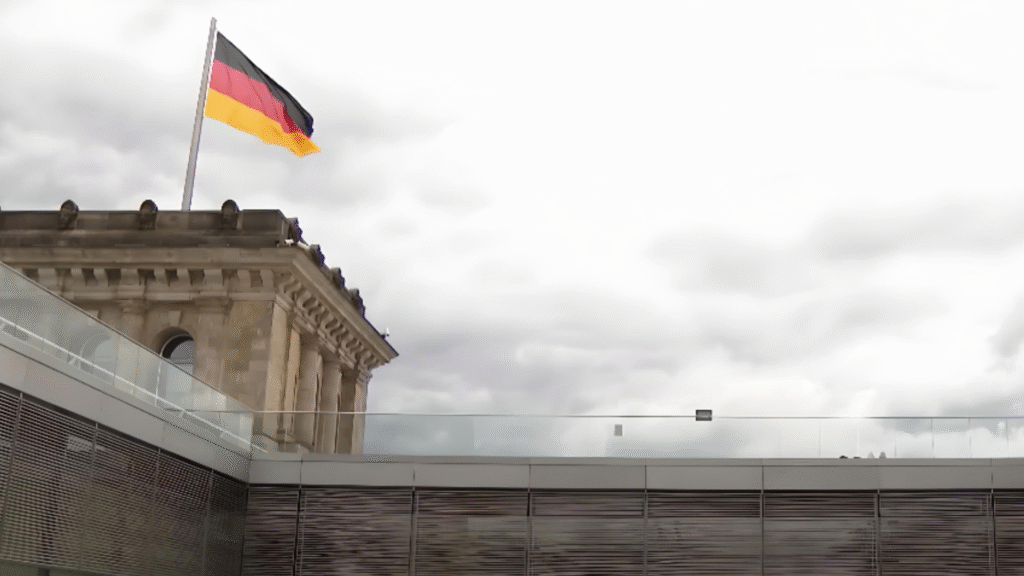New York, USA — A U.S. federal court has dealt a major blow to a key pillar of Donald Trump’s trade policy by ruling his sweeping import tariffs illegal. The decision, issued by the U.S. Court of International Trade in New York, cast doubt on the White House’s authority to unilaterally regulate foreign trade under the pretext of a national emergency.
The court found that the Trump administration had overstepped its powers by invoking the 1977 International Emergency Economic Powers Act (IEEPA) to impose tariffs on dozens of countries, including Canada, Mexico, and China. According to the judges, these actions lacked sufficient legal justification.
The lawsuit was brought by a coalition of small businesses, industry associations, and a group of states, including New York and California. New York Attorney General Letitia James stated: “Economic policy cannot be based on the impulsive decisions of a single individual. The Constitution clearly limits executive power.”
The court ruling was met with a positive reaction from global markets: Asian indexes surged, and U.S. stock futures rose. The dollar also strengthened — investors interpreted the verdict as a de-escalation of a potential large-scale trade war.
Meanwhile, the White House is preparing an appeal. Deputy Press Secretary Kush Desai commented: “Decisions on national security shouldn’t hinge on the opinion of a few appointed judges. The president will defend the right to protect the American economy.”
The tariffs, introduced in early April, included a 10% baseline duty on imports from most countries, with much higher rates on Chinese goods (reaching up to 145%). While duties on steel and aluminum remain in place, the broader measures are now suspended.
If the appeal is denied, companies may be eligible for refunds on tariffs paid — with interest — which would ease the financial burden for many importers, especially amid inflation and supply chain instability.
Experts believe the court’s decision could mark a turning point in U.S. trade policy. “This is a signal that, even under global pressure, constitutional checks and balances are still functioning,” said economist John Taylor of the Brookings Institution.
As a result, the ongoing tension between the White House and the judiciary is once again in the spotlight — with potential consequences for future international trade negotiations and domestic political dynamics.




U.S. Court Blocks Trump Tariffs: A Victory for Small Businesses and the Global Economy